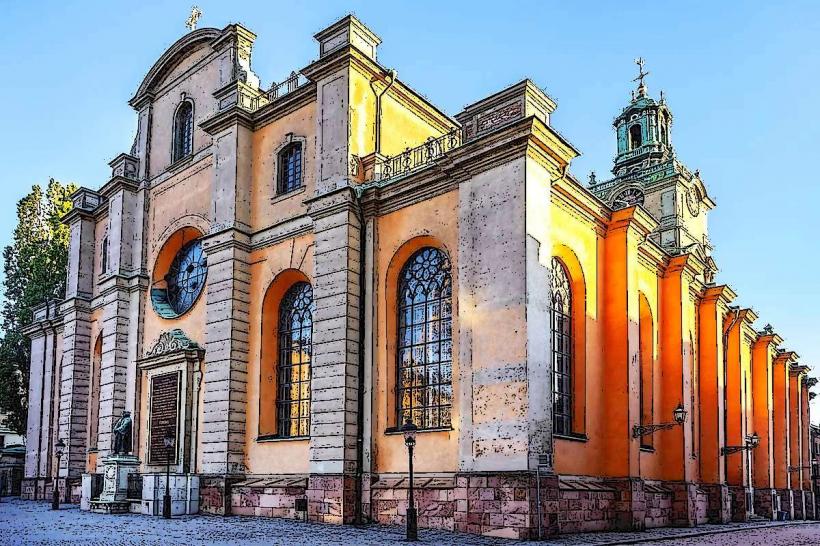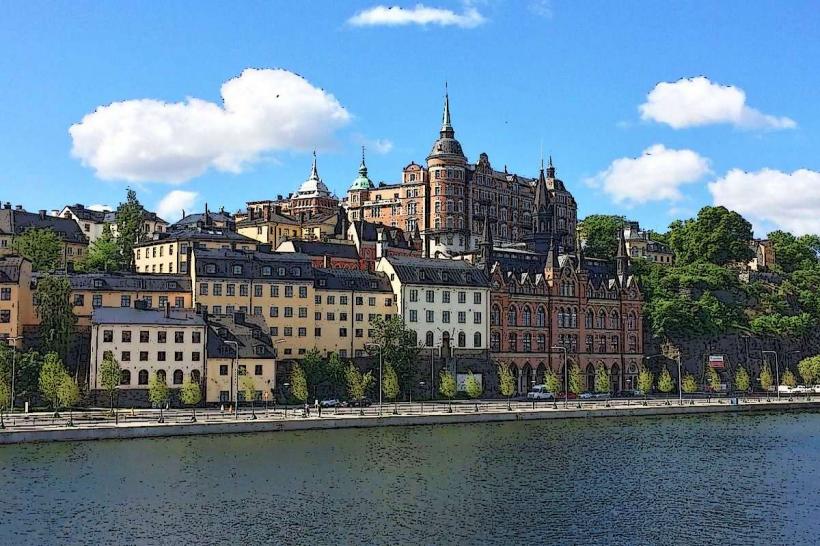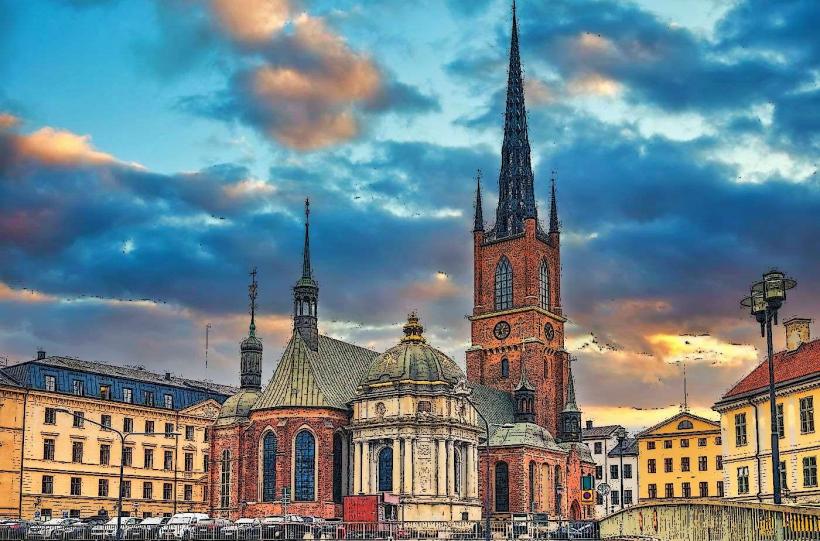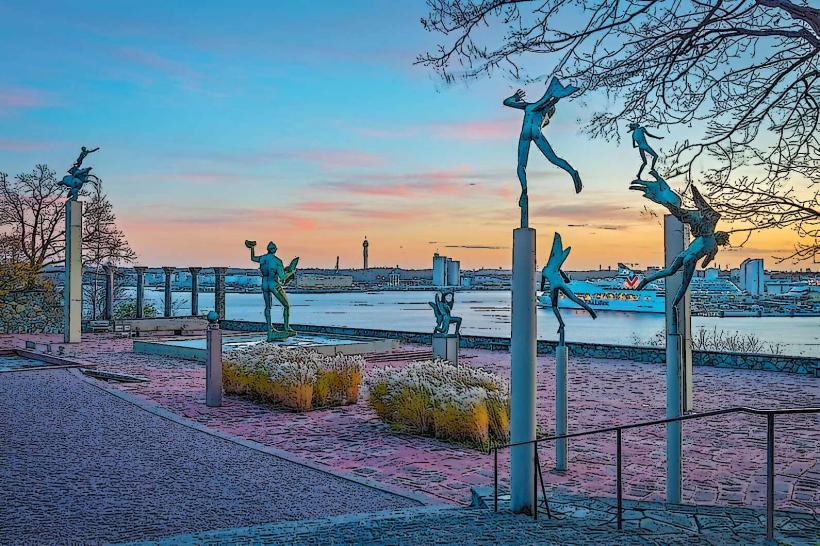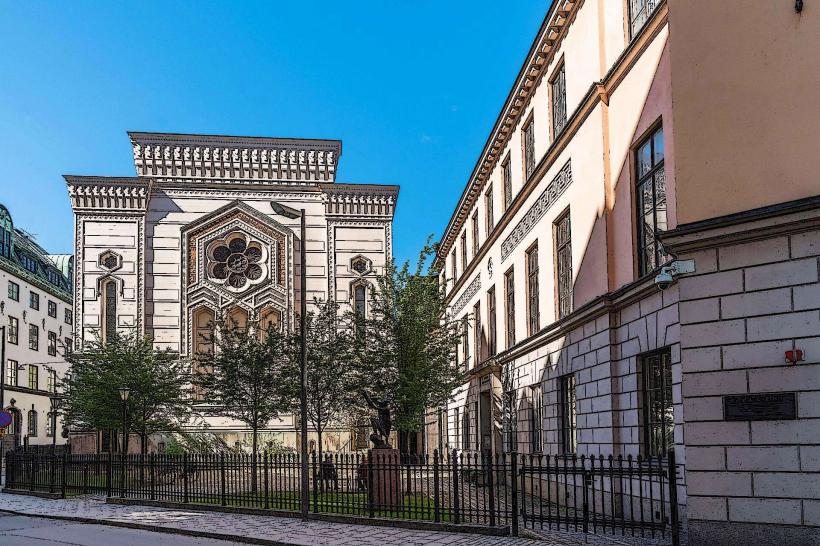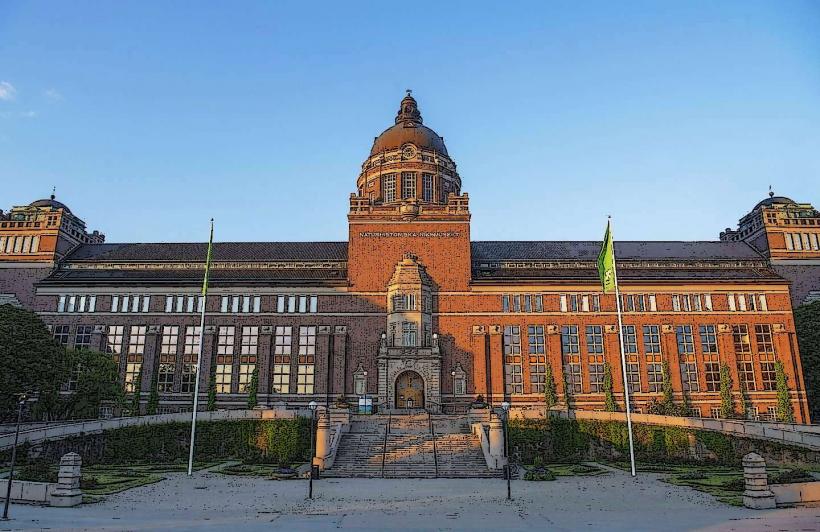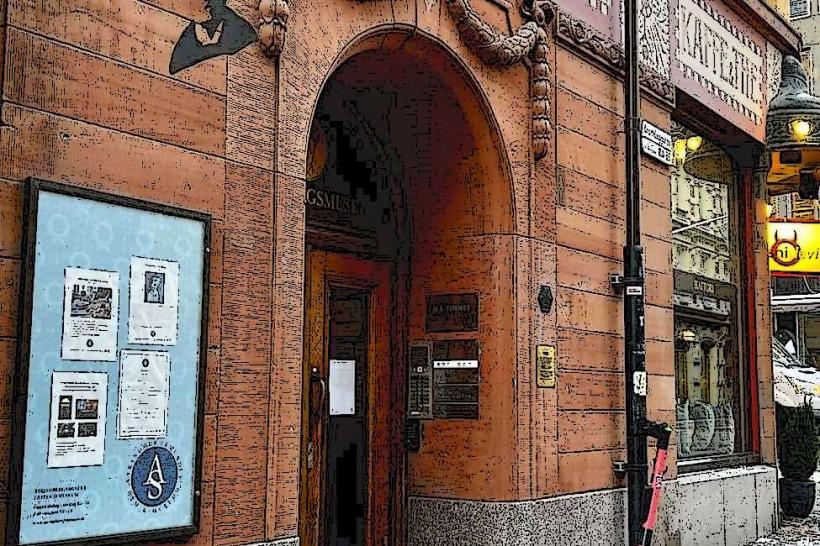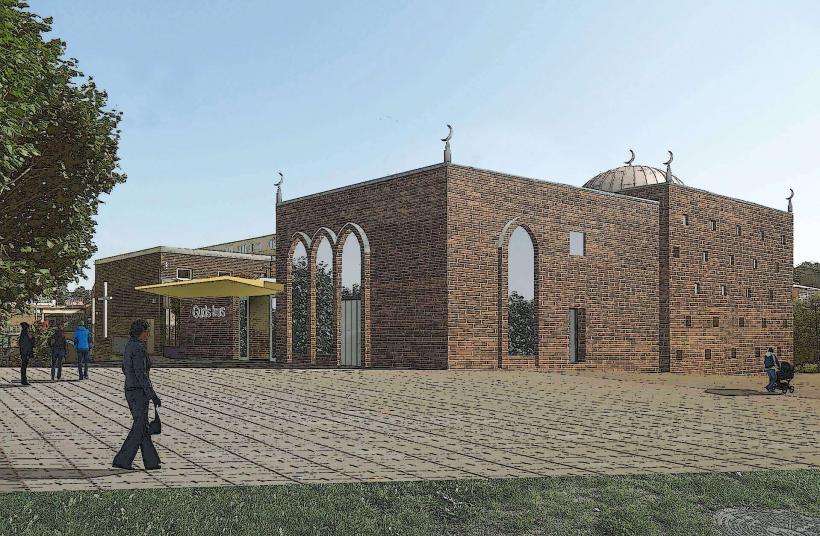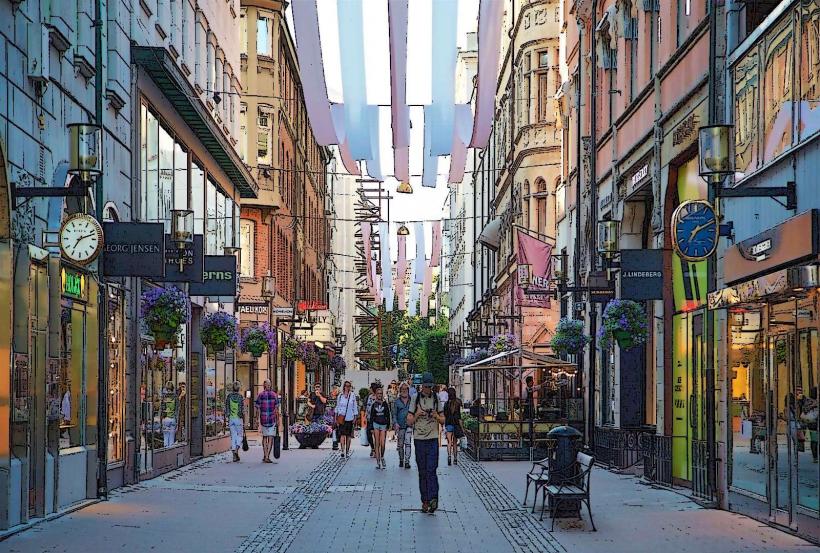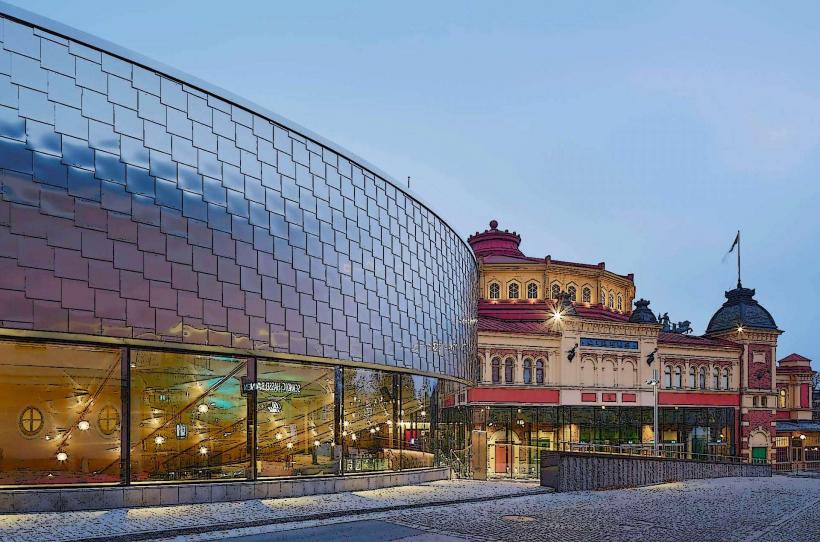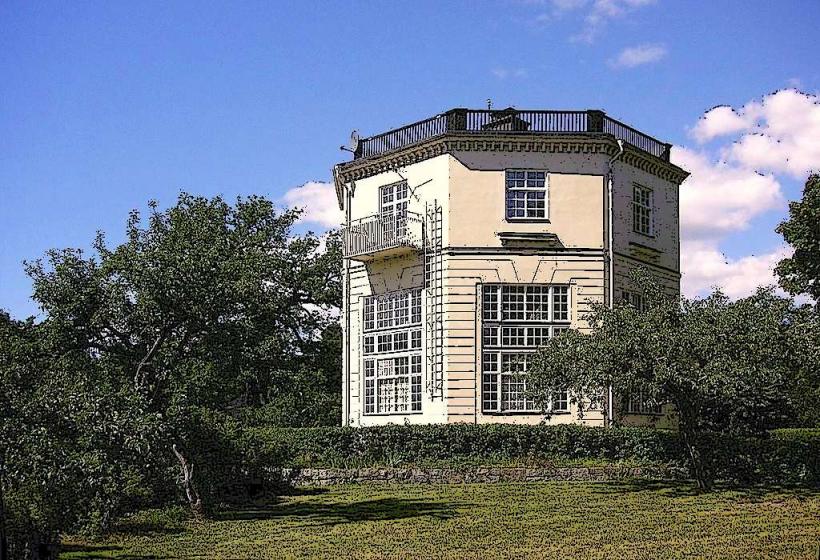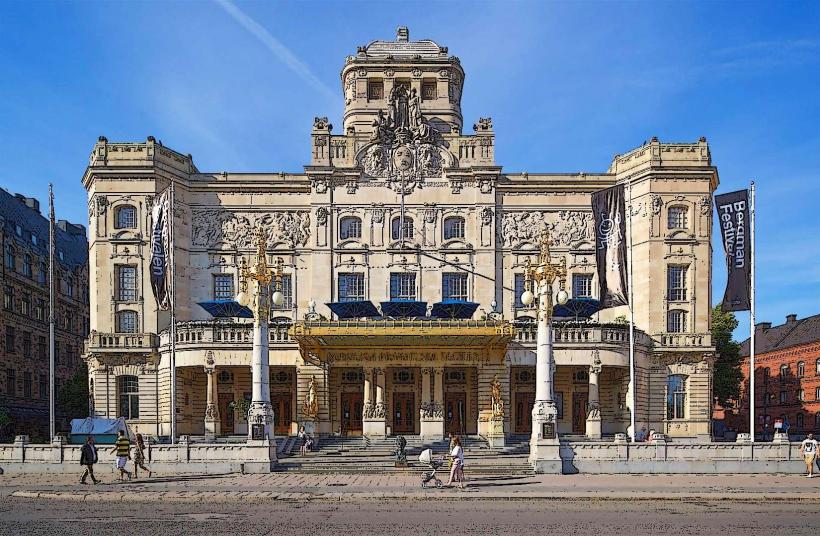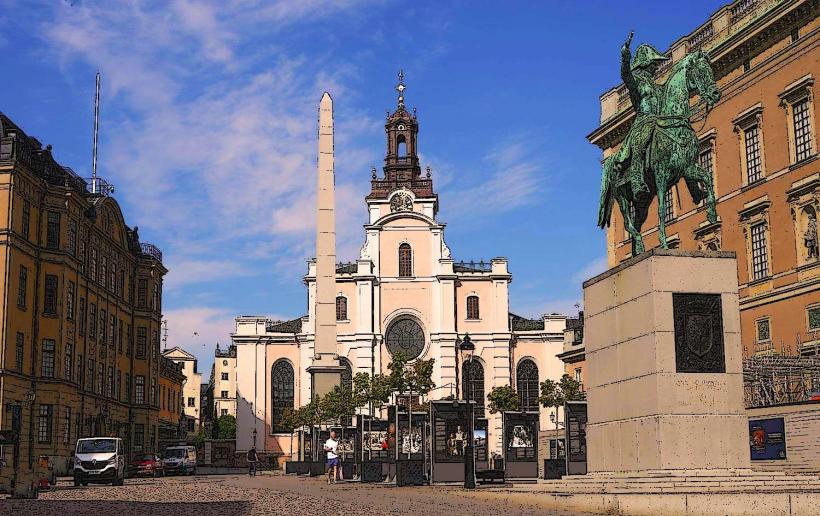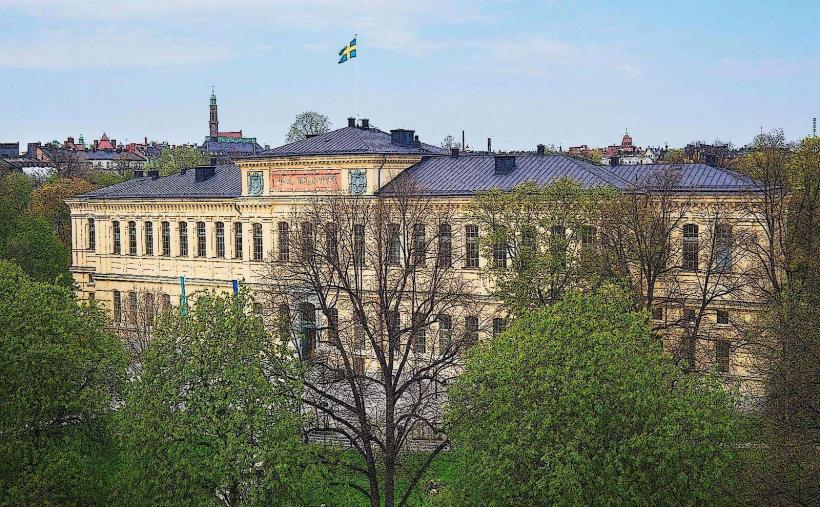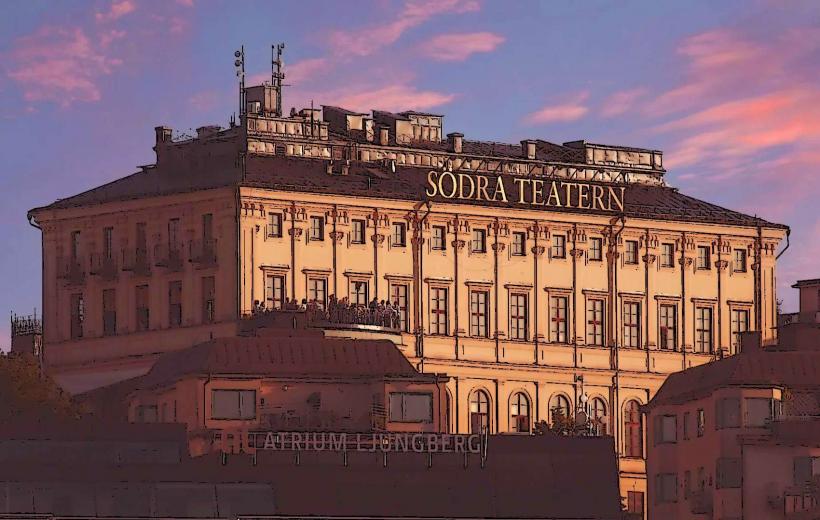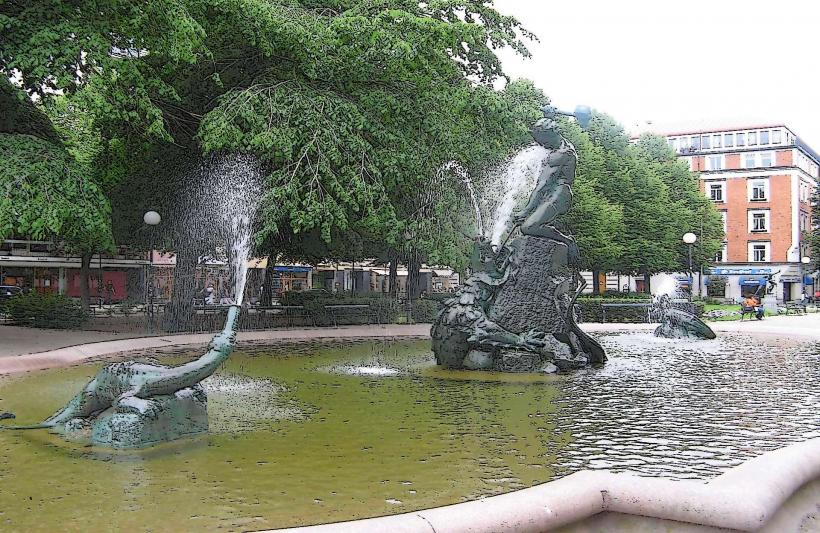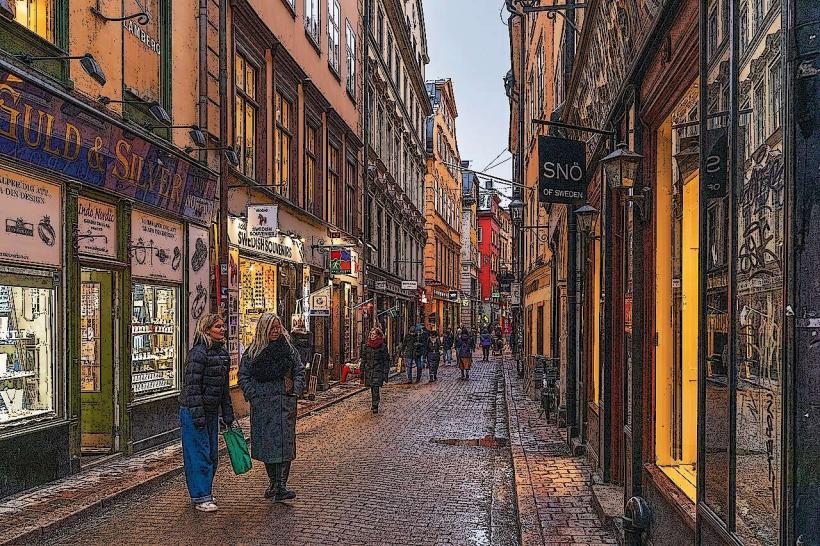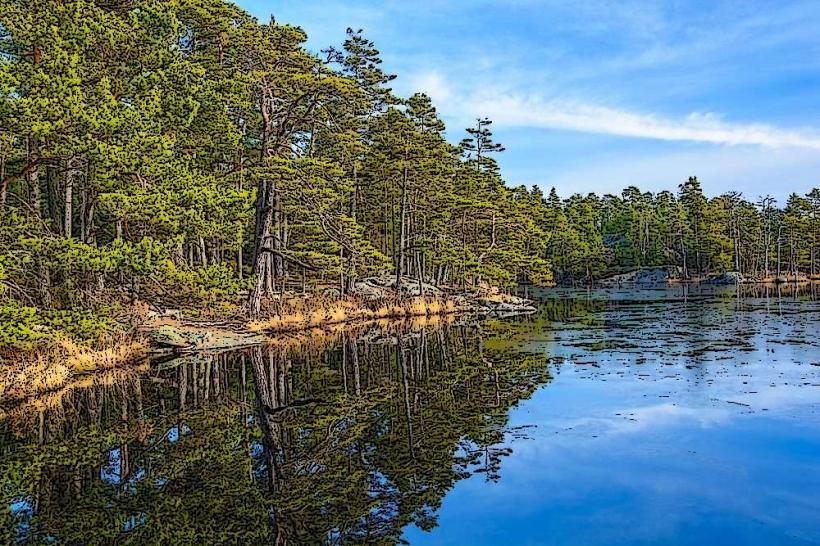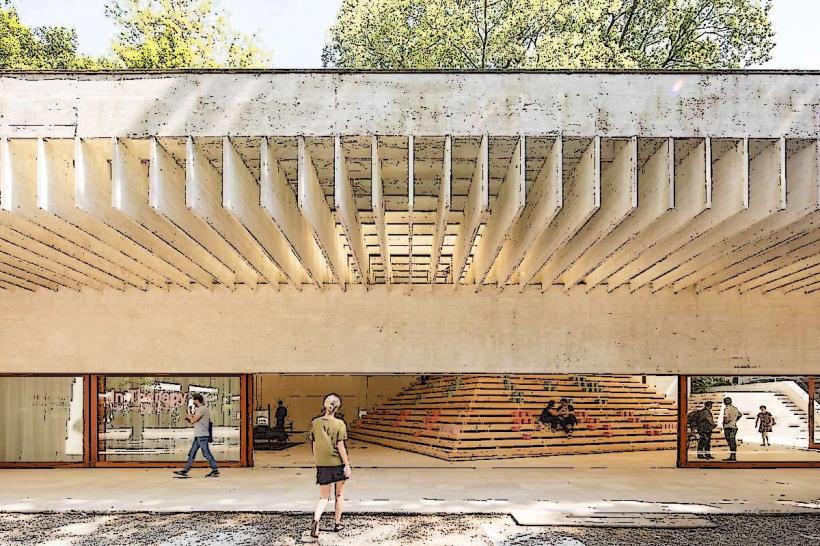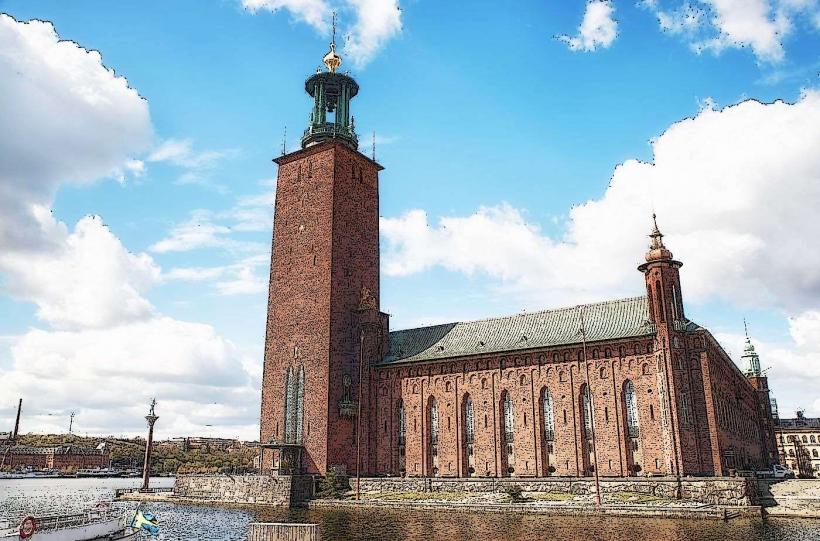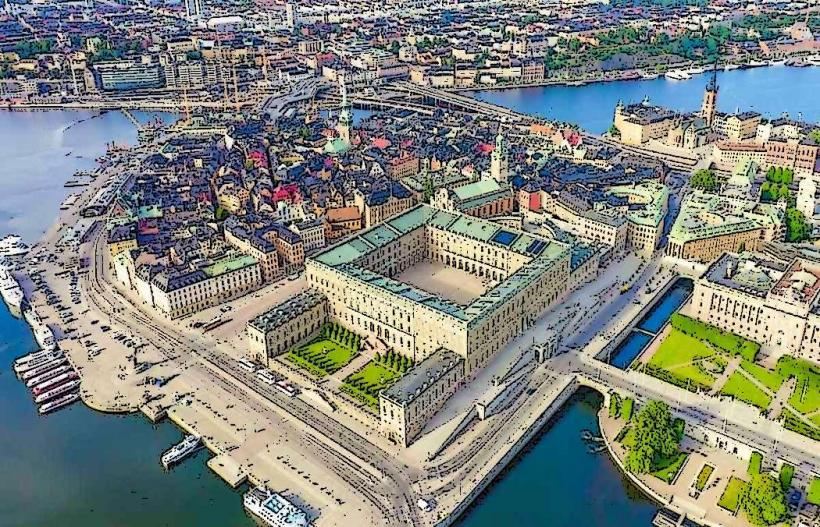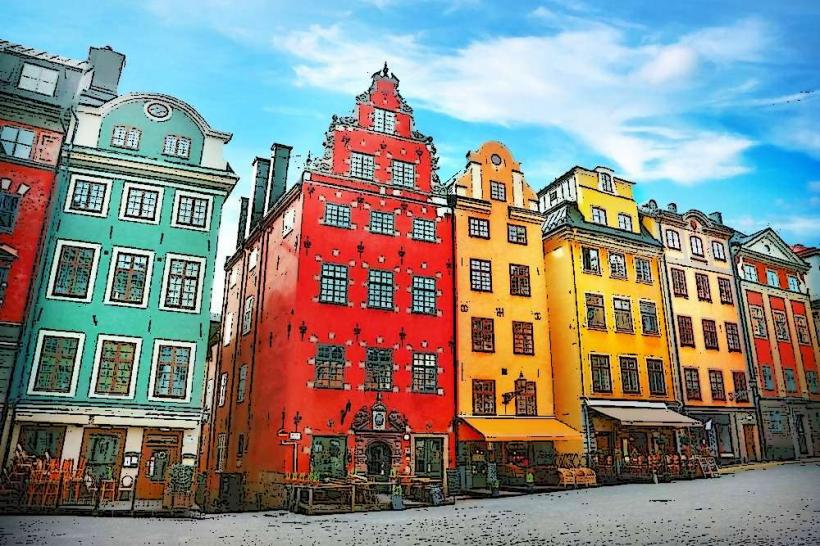Information
Landmark: Skansen Open-Air MuseumCity: Stockholm
Country: Sweden
Continent: Europe
Skansen Open-Air Museum (Skansen) is one of Sweden's most iconic cultural landmarks, offering a unique and immersive experience of Swedish history, culture, and traditions. Located on the island of Djurgården in Stockholm, Skansen is the world’s oldest open-air museum, founded in 1891 by Artur Hazelius. Here’s a detailed look at Skansen:
1. Overview and Purpose
- Location: Skansen is situated on the island of Djurgården, which is also home to several other notable attractions like the Vasa Museum and ABBA The Museum. It is easily accessible from the center of Stockholm by ferry or public transport.
- Mission: Skansen was established to preserve and showcase Swedish cultural heritage, particularly rural life from different regions of Sweden. The museum includes traditional houses, farms, workshops, and demonstrations of Swedish crafts, as well as a zoo that features Nordic animals.
- Experience: The museum allows visitors to step back in time and experience Sweden’s past in a highly interactive way. It brings together history, nature, and culture in one place.
2. Key Features of Skansen
Historical Buildings and Houses:
- Skansen features over 150 historical buildings, relocated from all over Sweden. These buildings represent various aspects of Swedish life, including farmhouses, cottages, and urban dwellings from the 18th, 19th, and early 20th centuries.
- Some of the most notable buildings include:
- The Skåne Farmhouse: A traditional house from the southern region of Skåne, showcasing rural life.
- The Sami Camp: A reconstruction of a Sami settlement from northern Sweden, displaying the life of Sweden’s indigenous people.
- The Town Quarter: A set of buildings representing the urban life of Stockholm, with a typical 19th-century street featuring shops, restaurants, and workshops.
Crafts and Workshops:
- Skansen showcases various traditional Swedish crafts, such as glassblowing, blacksmithing, pottery, and woodwork. Visitors can watch skilled artisans at work and even try their hand at some of these crafts in seasonal workshops.
- The Old Pharmacy and the Printing Press are examples of specialized exhibits where visitors can learn about the early trades and technologies in Sweden.
The Nordic Zoo:
- Skansen also features a zoo with native Nordic animals, including bears, wolves, lynx, elk, and reindeer, offering a glimpse into the wildlife of Sweden’s forests, mountains, and lakes.
- The zoo has a focus on conservation and education, with a strong emphasis on Sweden’s indigenous animals, both wild and domesticated. Children particularly enjoy seeing animals like Swedish pigs and Scots Dumpy chickens.
The Children’s Zoo:
- This section is dedicated to educating children about farm life, with opportunities to interact with domesticated animals like sheep, goats, pigs, and rabbits.
3. Cultural Events and Demonstrations
- Traditional Festivals and Celebrations:
- Skansen is known for hosting Swedish festivals throughout the year, such as Midsummer, Christmas, and Easter. During these events, the museum offers various activities like traditional dancing, feasts, and music performances.
- The Midsummer celebration is especially popular, with visitors participating in maypole dances and enjoying traditional Swedish food like herring and new potatoes.
- Music and Dance:
- Skansen regularly hosts performances by folk musicians and dancers. The Nordic Folklore music performed at Skansen allows visitors to experience the traditional sounds of Swedish and Scandinavian culture.
- During summer months, there are outdoor concerts, including performances of Swedish folk music and classical music at the museum’s scenic locations.
4. Skansen’s Significance in Swedish Culture
- Preservation of Traditions: Skansen plays an important role in preserving Swedish traditions, from handicrafts to folk songs and dances. It’s a living museum where heritage is passed down through generations, and visitors can experience firsthand what life was like in different parts of Sweden.
- Education: The museum serves as a valuable educational resource for visitors of all ages. It brings to life Sweden’s history, allowing both locals and tourists to understand the development of Swedish society through the ages. The museum’s emphasis on rural traditions offers a contrast to modern life in Stockholm.
- Architectural Heritage: Skansen’s collection of buildings represents the evolution of Swedish architecture from the medieval period to the early 20th century. It provides an invaluable snapshot of architectural trends and social history.
5. Seasonal Attractions
- Winter at Skansen: During the winter months, Skansen transforms into a winter wonderland. The Christmas market is a major attraction, offering Swedish holiday crafts, decorations, and traditional food. Visitors can also enjoy outdoor ice skating and festive performances.
- Spring and Summer: The museum is particularly lively in the warmer months, with outdoor activities, concerts, and demonstrations. The gardens are in full bloom, and the animals are more active.
6. Visitor Experience
- Opening Hours: Skansen is open year-round, with extended hours during the summer. However, some exhibitions and buildings may have reduced hours in the winter.
- Guided Tours: Skansen offers guided tours to help visitors better understand the history and significance of the exhibits. These tours often focus on specific themes, such as Swedish folk traditions or the history of Swedish architecture.
- Dining: There are several traditional restaurants and cafes within the museum, serving Swedish food such as smörgåsbord (buffet-style meals), Swedish meatballs, and cinnamon buns.
7. Interesting Facts
- Skansen’s Founder: Artur Hazelius, the founder of Skansen, was a Swedish ethnographer and philanthropist. He originally created the museum as a way to preserve the old-fashioned way of life in Sweden, which was rapidly changing due to industrialization.
- Innovative Model: Skansen was the first of its kind in the world, setting the model for other open-air museums across Europe and beyond. It was also the first to feature historical buildings from across an entire country, not just from one particular region.
8. Conclusion
Skansen Open-Air Museum is a captivating place that offers a deep dive into Swedish culture, history, and traditions. It is an ideal destination for anyone interested in learning about Sweden's rural and urban past in an immersive and interactive way. Whether you are watching a craftsman at work, exploring historical buildings, or enjoying the beauty of the Nordic wildlife, Skansen offers a unique experience that combines education, history, and entertainment.


